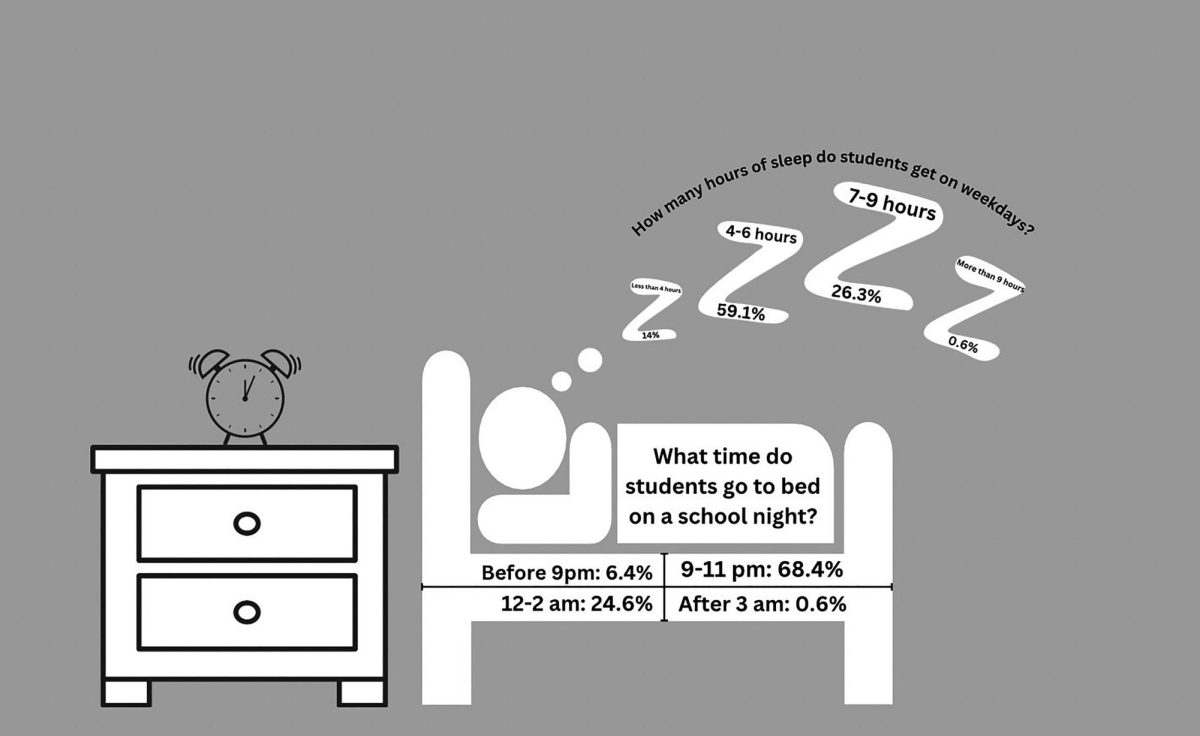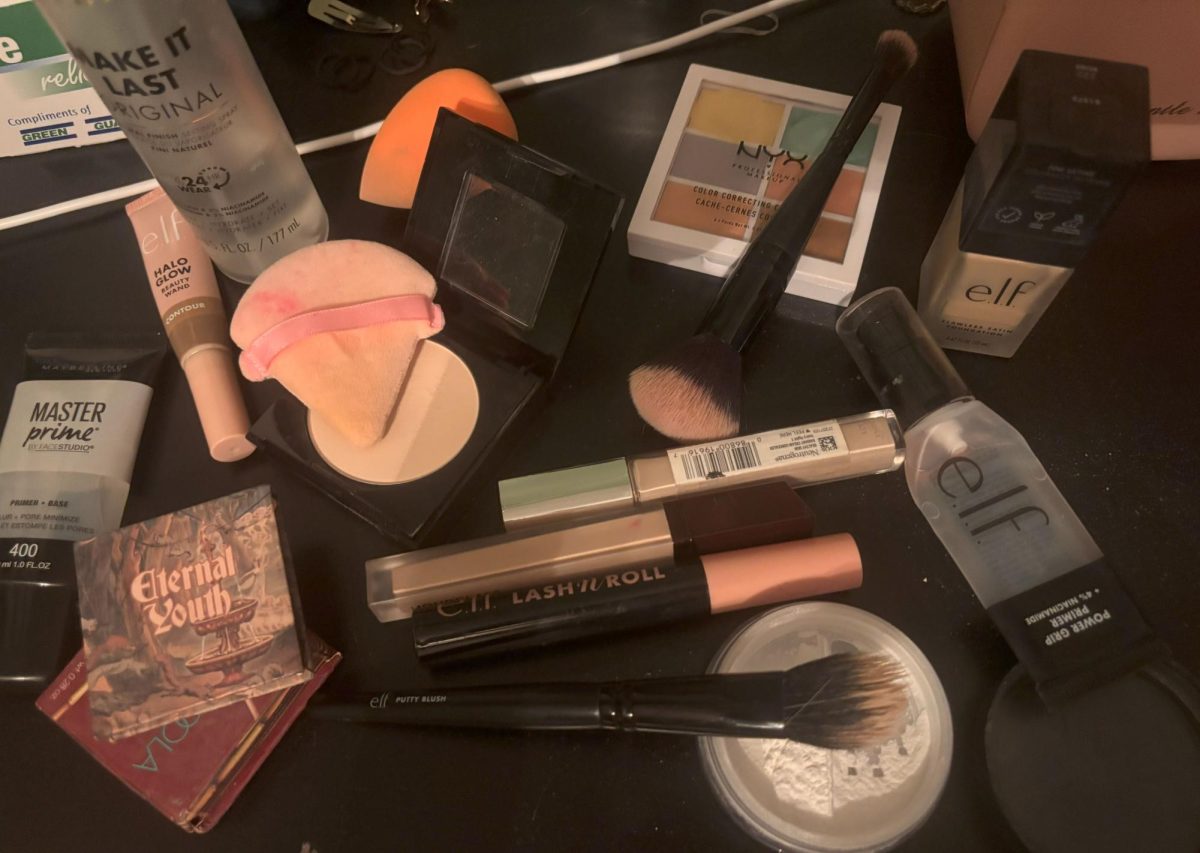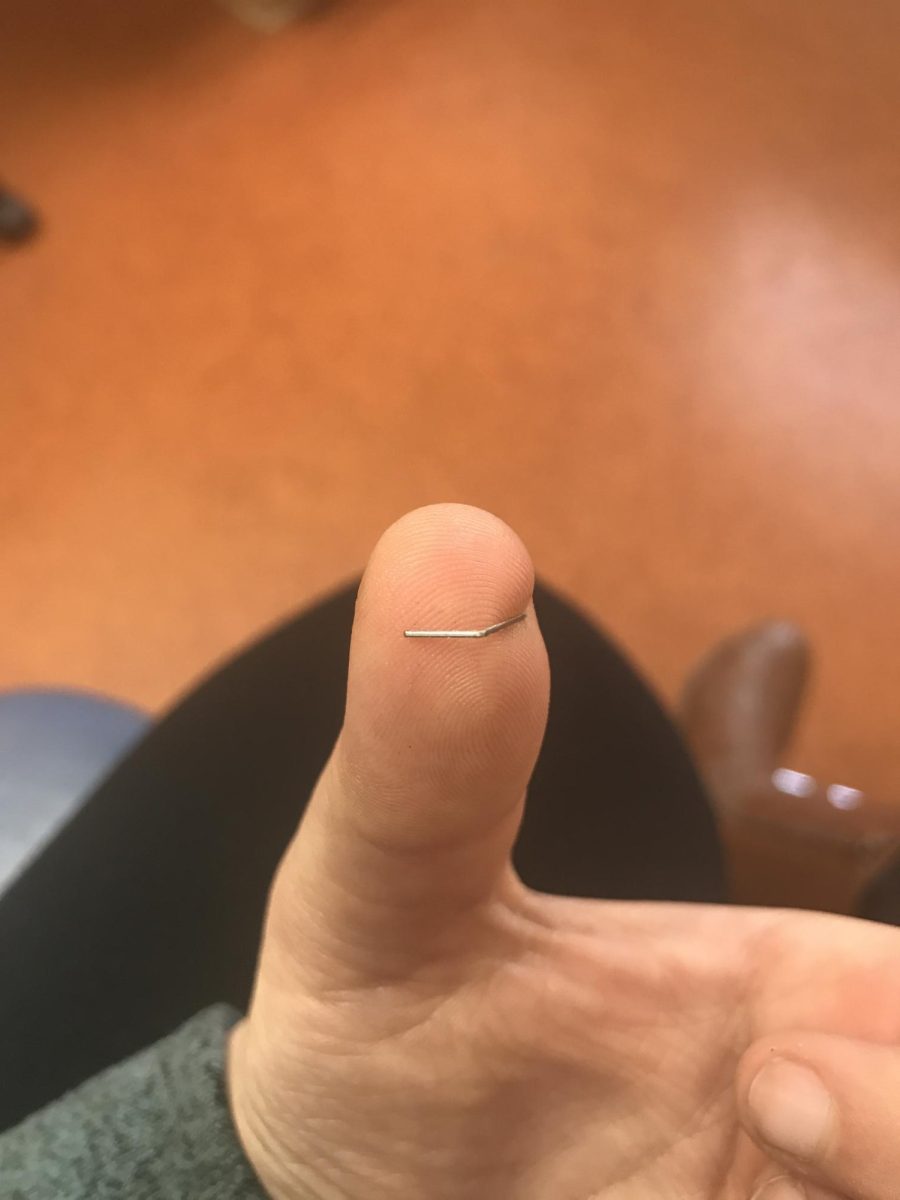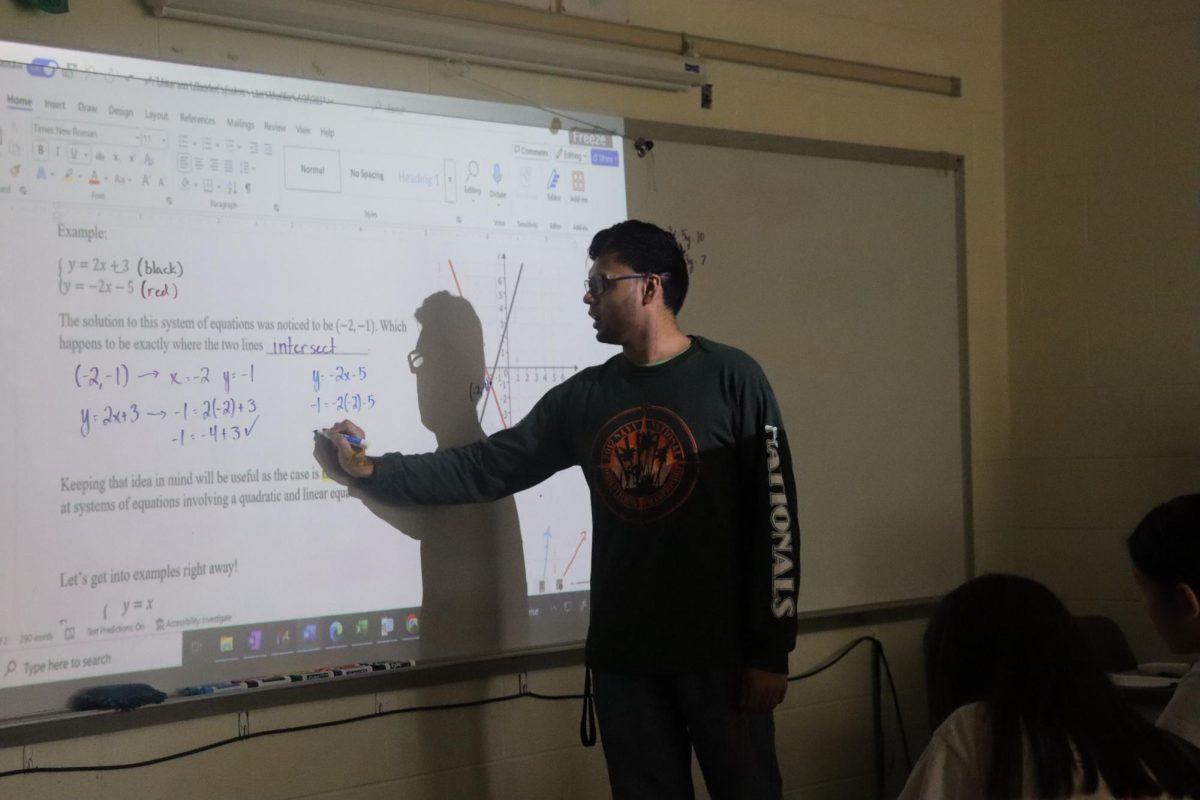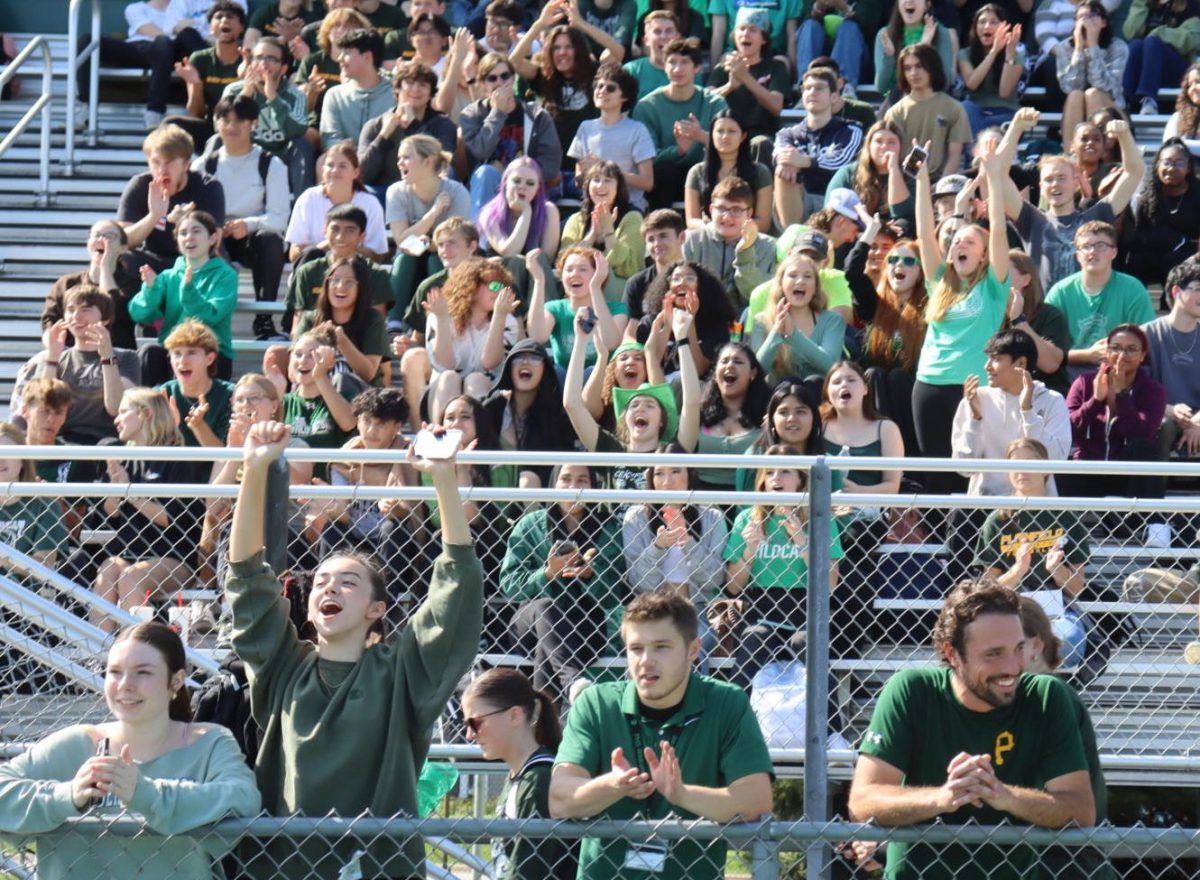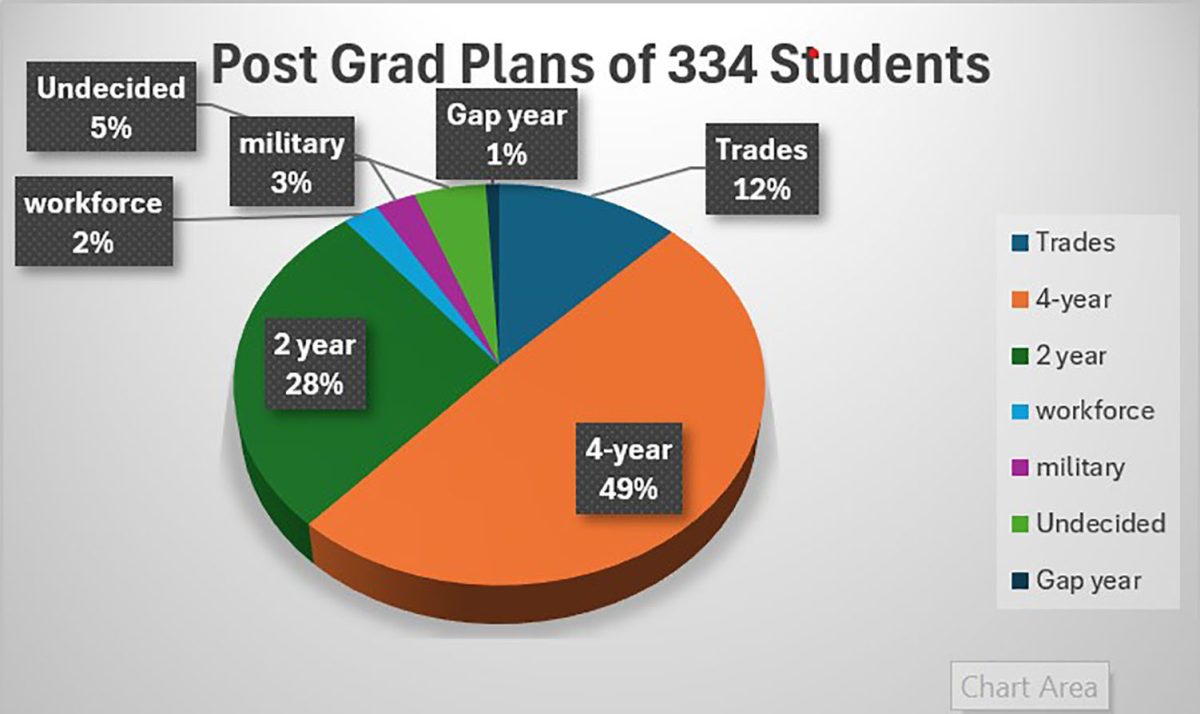Senior Amanda Berkley enters her calculus class slumped over clutching a monster energy drink and sits at her desk where she spends 35 hours a week overwhelmed, sleep-deprived, and full of frustration. She isn’t alone.
Teenagers should get 8+ hours of sleep, but a recent Fielder survey shows 98 percent of students regularly get less sleep than that.
“We aren’t getting enough sleep due to after-school activities and too much homework from our teachers. On top of that some of the students here work after school and still have to make time to get their school stuff done on top of caring about their health and hygiene,” freshman Amaya Giles said.
Additionally, 13 percent of students struggle with falling asleep in class every day.
“I often receive reports of students who have their heads down in class and do not engage or participate. This typically happens at least once a week,” social worker, Alexa Diaz said.
Due to delayed sleep schedules and school start times, students believe their sleep cycle is affected.
“School starts too early and we should at least start at 8 because no student is fully ready to take anything in at 7:05 a.m.,” freshman Riley Brooks said.
Sleep schedules have become a trending topic to talk about amongst students.
“Many of my peers are going to bed far later than 11 pm. It is almost a point of masochistic pride for them when people start complaining about how little sleep they get, which is a very frequent topic of conversation,” senior Liam Fitzgerald said.
However, students who get 7-9 hours of sleep have strong opinions on why others are not getting enough sleep.
“I think people usually end up procrastinating their homework and doing it late at night, which doesn’t work well since students have to wake up around 5-6 AM,” said Junior Sara Szostak
“As we enter this phase of immense growth, our circadian rhythms begin to veer from the norm, hence why we end up staying up and continuing to develop our changing minds during the later hours,” senior Alejandra Ortiz said.
During sleep people go through sleep cycles that are important for the brain.
“You have 2 major stages of sleep, REM and NREM. REM stands for Rapid Eye Movement and this is the portion of the night where you dream. While you are in REM your body is almost entirely paralyzed and your eyes flicker back and forth behind your eyelids while you dream,” AP psychology teacher, Katie Jeray said. “However, you actually spend the majority of your sleep in NREM which stands for Non Rapid Eye Movement. Within NREM there are 4 stages. Stage 1 is a very light sleep while stage 4 is your deepest sleep. You will cycle between REM and NREM throughout the night and this can be tracked by observing brain waves.”
Sleep is essential for teens because it plays an important role in their mental and physical development.
According to an article from Stanford Medicine, “The better your sleep, the more clearly you can think while awake, and it may enable you to seek help when a problem arises.”
Sleep-deprived teens are more likely to use caffeine and nicotine to keep them awake during the day.
“I do see a lot of students with either coffee or energy drinks throughout the school day. Caffeine is a stimulant so it helps to make you feel more alert and awake,” government and psychology teacher Jeffery Purdom said.
Caffeine and energy drinks are marketed toward younger audiences.
“Energy drink use has been associated with daytime sleepiness and weekly ‘jolt and crash’ episodes , though the products also appear to be used to counter the effects of insufficient sleep” according to an article from National Institutes of Health.
Teachers advise students to put the tech away before going to bed if they want to sleep better.
“Trying to avoid screens for the hour before you go to sleep can help. Teenagers’ circadian rhythms tend to skew to stay up later and wake up later, which can be challenging with early start times for school or work,” Purdom said.
Students should get more sleep to thrive in school.
“Overall, adequate sleep is crucial for students to thrive both academically and physically,” Diaz said.
Categories:
Students struggle to get enough sleep
Shaylah Johnson, Entertainment Editor
April 5, 2024
Based on a survey of 171 students.
0
More to Discover
About the Contributors

Shaylah Johnson, Entertainment Editor
Hi, I’m a senior and the Entertainment Editor and this is my second year on The Fielder staff. I enjoy listening to music and writing, I’m looking forward to what this school year has in store for me.

Brooke Plowman, Editor-in-Chief
Hi!! I am so excited to be back, this year as the Editor-in-Chief. I am also on the dance team, an officer for both Key Club and Care Club, and a member of NHS and Link Crew!



